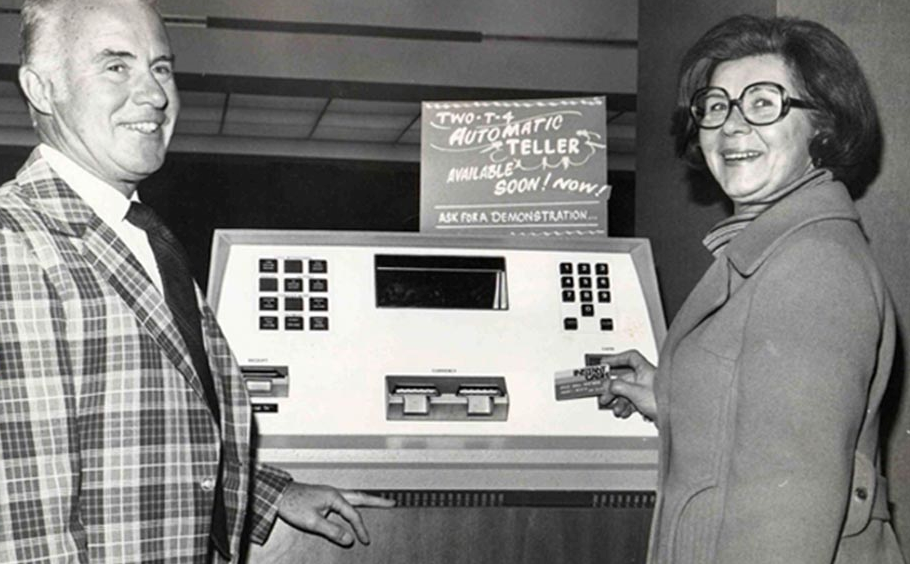
"Advancements in AI continue to generate excitement for those in tech and product-focused fields. Coming along for the ride with that excitement is proportionate anxiety for many, especially those in UX. New AI advancements and employer expectations raise various concerns that tend to fall under the larger banner of something like "will AI reduce the need for UX designers and researchers?"."
"Comparative Advantage: In 1817 renowned economist David Ricardo demonstrated that even when one side of an economic trade has an absolute advantage in everything they produce, both sides will benefit when each specializes in what they do comparatively better. In other words, even in the extreme hypothetical that an AI agent was better at every UX task than its human counterpart, it would still be more efficient to utilize the AI for only the tasks it has the largest comparative advantage in (and l"
AI advancements are increasing excitement and anxiety within UX and related fields as employers integrate new capabilities. Historical economic principles such as comparative advantage and the O-ring theory suggest technology changes task allocation rather than wholesale job elimination. AI will likely assume tasks where it holds the largest comparative advantage, while humans retain roles requiring judgment, context, empathy, ethics, and cross-disciplinary synthesis. UX professionals can expect changing daily responsibilities and market positioning as organizations reallocate work and prioritize higher-order human skills. The more probable outcome is evolution and transformation of UX work, not marginalization.
Read at Medium
Unable to calculate read time
Collection
[
|
...
]